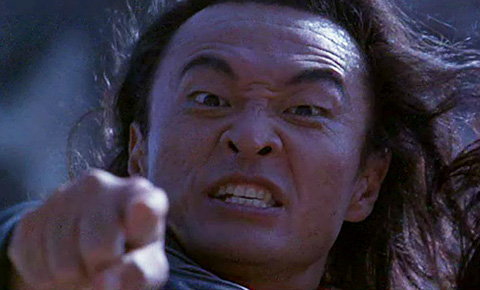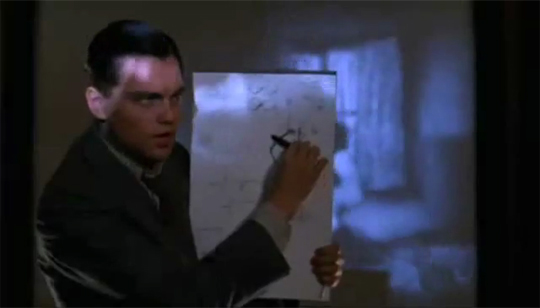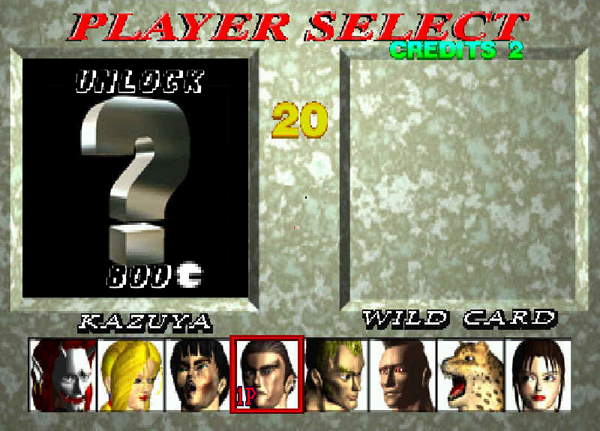This post has not been edited by the GamesBeat staff. Opinions by GamesBeat community writers do not necessarily reflect those of the staff.
Unfortunately for those of us that want to do something productive before we die, Netflix streams serialized television series in their entirety. I’d never seen much of ABC’s now infamous “Lost” franchise until recently, but since its streaming release on Netflix I’ve found little motivation to do anything with my day other than watch episodes back-to-back while I dehydrate and deny myself much needed trips to the shitter.

Shown: Netflix.
The odd (and evil, and cruel) aspect of this particularly addictive form of storytelling is that even the most astute viewer can fall victim to its unnecessary narrative padding. The creators of these shows don’t have to take any risks, and need only drag the plot out for as long as the viewer is willing to tune in. At which point they disappoint them in a way not seen since my first girlfriend saw me naked.
This phenomenon seems to have extended to the film industry as well, with franchises like Fast and Furious (in early development of its sixth iteration) not showing any signs of box office decline (in fact, Fast Five made nearly twice as much as its predecessor Fast and Furious). And while it's true that the film industry is no stranger to sequels, a serialized plot like the one found in the "Fast" franchise stretching out for any longer than three movies (with the exception of Harry Potter) is a new and surprisingly efficent way to piss down your back and call it rain.
So what about video games? As the industry sheds its scruples like the dead skin of that kid with dandruff who sat in front of you in home room, you can believe that the waterheads who lucked their way into upper management are hard at work thinking of new and interesting ways to rip you off with the effiency of a mortgage broker in 2007. Realizing that the average gamer is a slightly more savvy consumer than their movie going counterpart, game companies are forced to resort to some good old fashioned capitalistic lying. God bless 'em.
Much like the aforelinked "Friday the 13th Part VIII: Jason Takes Manhatten," game companies have been releasing iterative titles that do little to innovate for quite a long time. Game franchises never die, they're just shelved until such a time that they can be returned to maximum profitability. As such there will be a Gears of War 4, and a God of War 4, and a Final Fantasy 48 and a Metal Gear 20…Though – and I'm just putting this out there – I'm not going to be interested in Grand Theft Auto 9: The Theftening. No matter how amazing the jiggle and crash physics are on the PS5.

"I want smooth titties, gentlemen. SMOOTH TITTIES!"
Obviously the infinite sequel concept is nothing new to the game industry (Street Fighter 2 Turbo Champion Edition comes to mind), but the rise of DLC turns this concept into a much darker beast.
Consider the following dystopian vision of the video game industry in the distant and bleak futurescape of 2014: You pay for a new game (thankfully, you’re still only being bilked out of $60 dollars). It has been billed as the best single player experience that you’ll ever have,” “the ride of your life,” even “a tour de force.”
The first hour of gameplay mesmerizes you. You’re completely roped in. Then, it cuts to black: “Come back next week!” You swiftly come to the cold realization that you won’t be able to see how the plot advances unless you pay 800 Microsoft Points for the privilege. This unfortunate expense will occur once a week, for as long as the creators and publishers see fit. Thankfully, Big Gaming throws you a bone, and gives you the opportunity to purchase a season pass; reducing the average episode cost to the low, low price of 500 Microsoft Points.
Sound ridiculous? Of course it sounds ridiculous. But imagine telling a gamer in 1995 that their $50 copy of Tekken is incomplete until they call Namco and give them another $20. They’d call that concept ridiculous. And they’d be right. Yet here we are.

